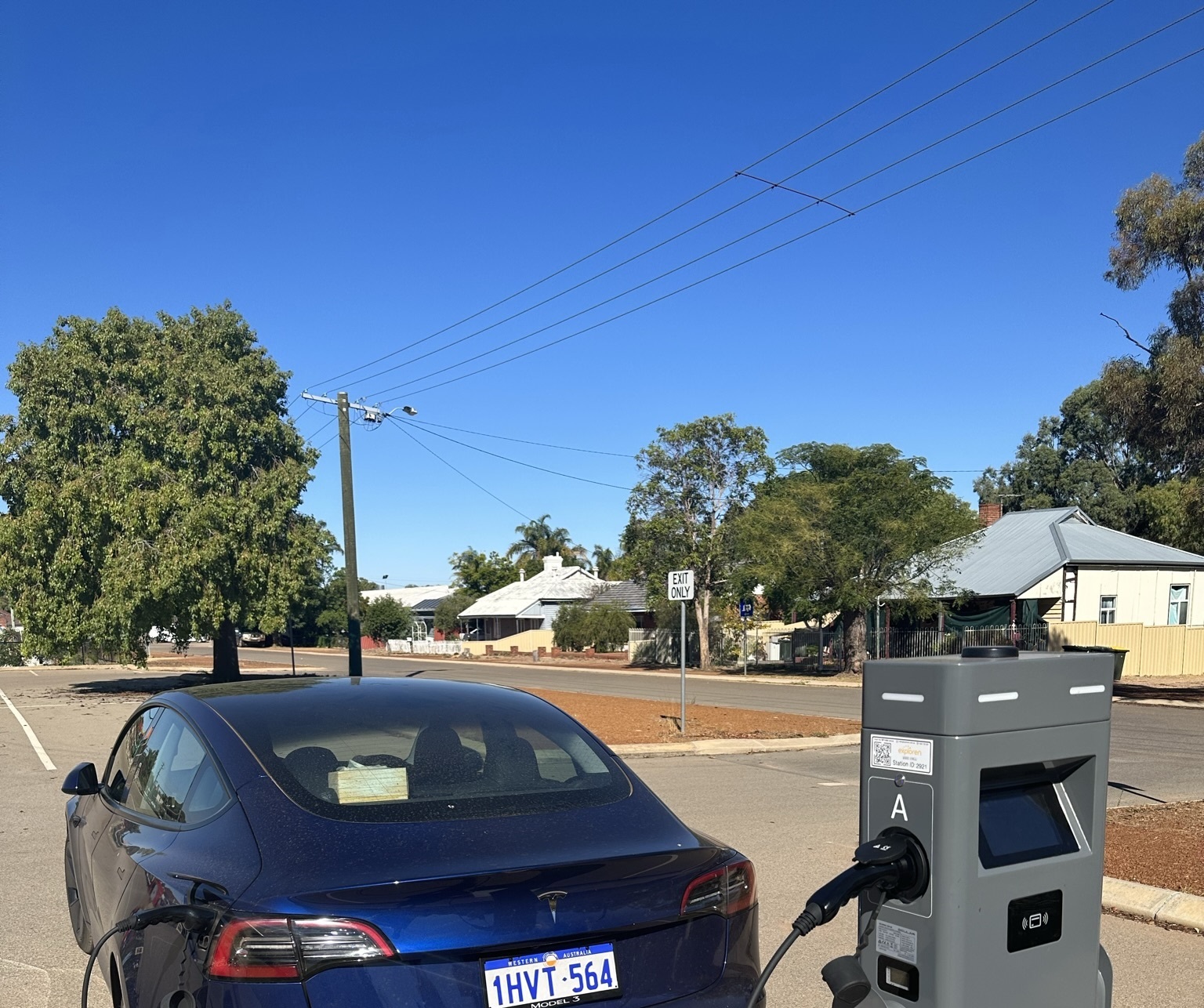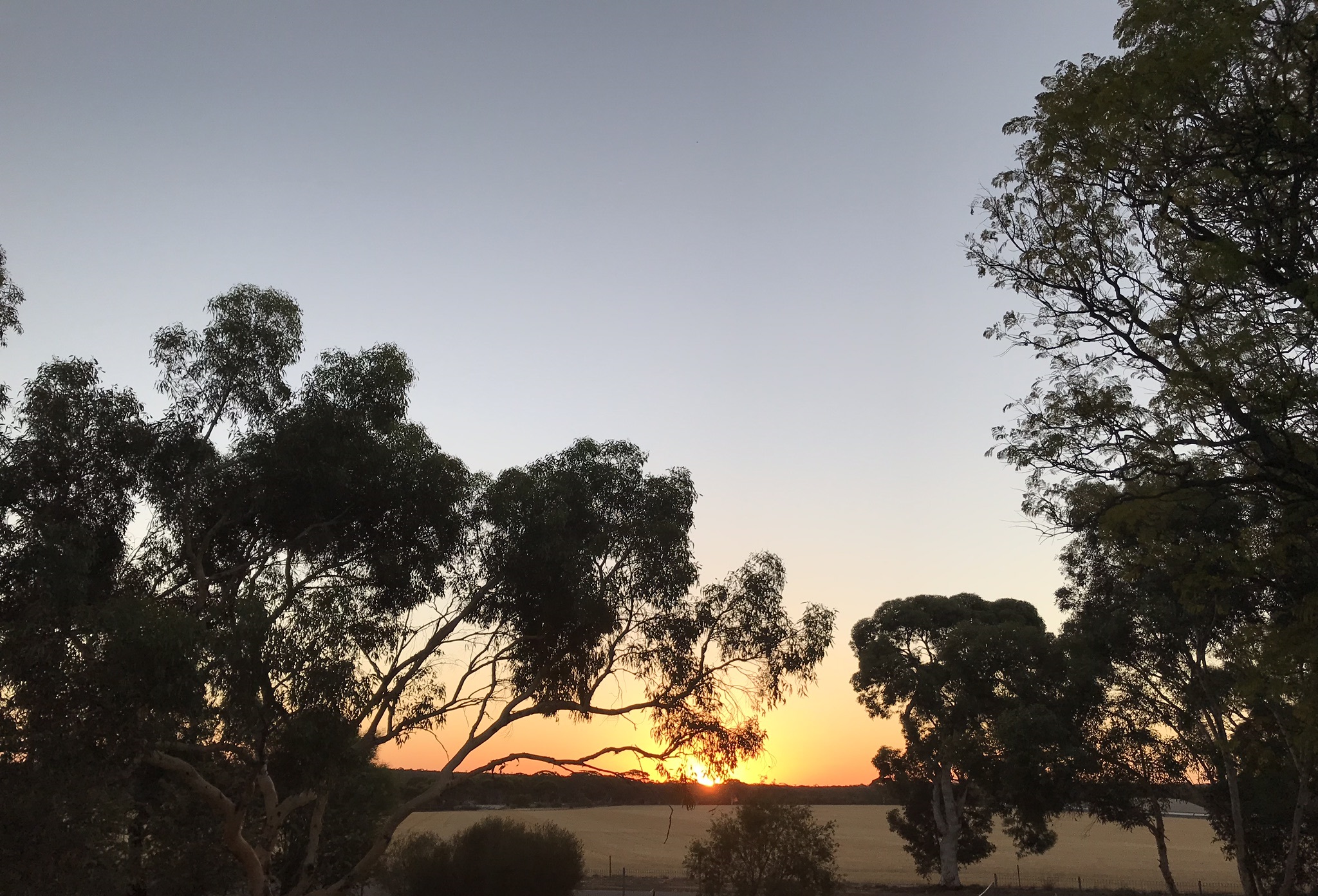

My policy position on the economy includes that the State Government has a role to play in fostering local industry and protecting local industry from outside attack, as well as role in policing local commercial activities to protect consumers against abuse.
Lithium Valley WA is almost the opposite of that. With a web site full of platitudes, the creators clearly have no idea what they really want to do. There are hints at manufacturing Lithium Ion batteries from scratch using West Australian raw materials but no indication of how to get there. Other countries are decades ahead of Australia in this field, and we have no similar industries from which to recruit experts and employees.
What we can do is assemble batteries from components manufactures elsewhere. The skills required would be covered by the existing electrical trades, subject perhaps to some specialist training. Solar Accreditation Australia already exists to formalise training and qualification for solar panel installation. This could be extended to include battery assembly, and a local cottage industry could be fostered
Existing battery regulations are “dumb” in the sense that they take no account of the different battery chemistries and they are biased towards commercial manufacturers, most of which are foreign owned and operated.
The role of protecting local industry from outside attack should include enacting legislation to prevent the Federal Government from closing down a local industry on a whim to satisfy some Canberra fad.
The West Australian wool industry is world leading. Wool exported from here ends up in Haute Couture salons and on the catwalks of Paris and Milan. It is a showcase of Australian excellence.
A by-product of the West Australian wool industry is mutton, and the ability to sell this by-product at a reasonable price is crucial to the viability of the wool industry. Sheep don’t live forever, and unless the vegans of Canberra want to set up and fund retirement homes for elderly sheep, they have to be turned into meat, and that meat is mutton. But Australians don’t eat much mutton.
So when the Prime Minister urges local processing of the aging sheep, he displays ignorance of the fact that no sane processor will process a product for which there is no market. When did you last see mutton on the shelves of Coles or Woolworths? If there is no local market for mutton, where must it go? It must go overseas, and it so happens that overseas there are people with customs and traditions which differ from those found in Australia, and some of those traditions include rules on how to process meat. And despite the best intentions of our beloved Prime Minister, they don’t trust Australians to do it properly. So if you want to sell mutton to them, you have to sell it “on the hoof”. Take away the ability to do that, and you destroy an iconic Australian industry.

In the mid 20th century economic policing was taken seriously. The Monopolies Commission in the UK had teeth, as did anti-trust legislation in the US. In the 1980s the mantras of “Greed is good” and “Anything goes” (as long as it stimulates the national income) took over, and governments only paid lip service to economic policing. International monopolies sprung up, partly as a result of unique product design, and people just took it for granted that the abuse of monopoly power was OK. Nobody cared as long as they could brandish the latest product variant.
Australian supermarkets gobbled up the competition as they opened in every suburb, and nobody cared because when they first opened the prices seemed better than the local corner store. But now the corner store is gone the yardstick is gone, and the supermarkets have carte blanche to charge whatever they like. They also have the market power to pay whatever they like to suppliers.
Supermarkets would howl if laws were passed forcing them to reveal what they pay for products. Cigarette companies howled when smoking was banned in cafes and again when plain packaging came in, but the laws went through. The State Government needs to be brave and say that if the big 3 want to operate here they have to be more transparent.
The government web site FuelWatch had a lot of detractors when it began, but it is still going, and it offers consumers both choice and the ability to plan a journey. A similar site for food staples might be harder to set up and administer, but if participation were compulsory for the big supermarkets and voluntary for smaller suppliers it would give smaller operators a public window for special offers and the public a chance to browse without driving for miles.
